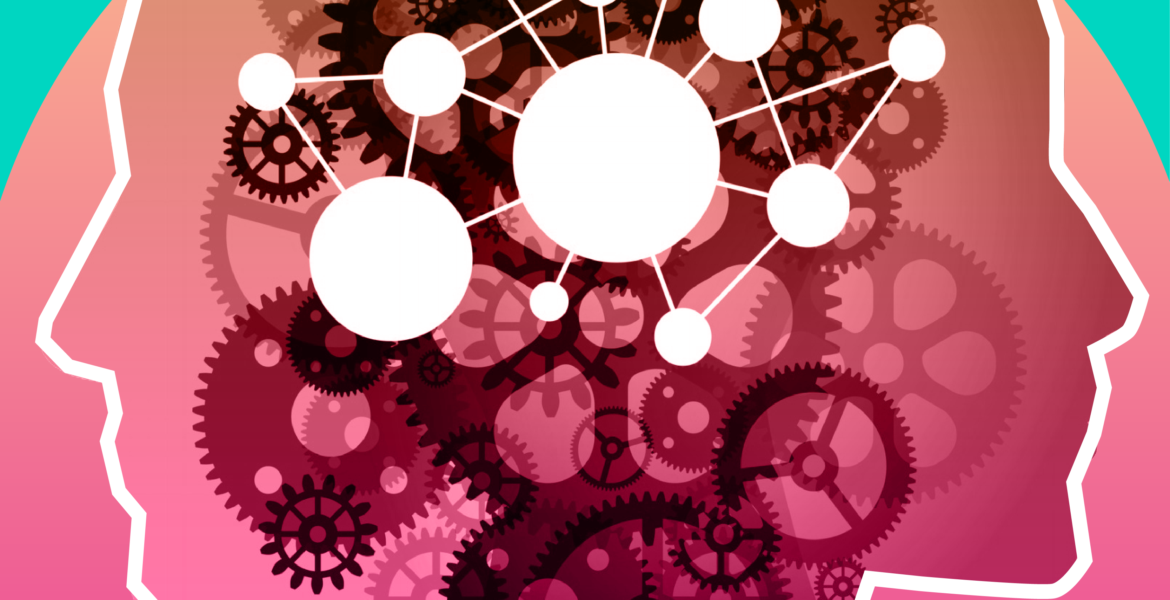During this year’s Cannes Lions, Advertising Week and Kindred joined forces to host Converge, a series of conversations about the future of mindful innovation in communications and creativity.
By now, it’s no secret that generative AI has upended our communication and media ecosystems. While there is considerable fear about the potential threats of generative AI—such as the perpetuation of misinformation and disinformation, creator compensation issues, evolving search and brand discovery, and the challenge of breaking through the increasing content noise—these threats, though very real and deserving of attention, have overshadowed the focus on solutions.
At Converge, we aimed to shift the conversation towards solutions, engaging leaders who truly have the capability to create a blueprint for intentional AI use. We hosted a panel featuring tech and innovation leaders from Burson, Grant Toups and Chad Latz, the head of top accounts and agencies for Meta, Tawana Murphy Burnett, and the head of VSP’s global innovation center, Ruth Yomtoubian. The goal was to represent the diverse facets of the communications ecosystem—from agency to platform to brand—and discuss how they can collaborate to overcome AI’s existential threats and harness its potential for human thriving. Here are the takeaways from the conversation:
The Evolving Role of Communications Agencies
Generative AI is revolutionizing the role of communications agencies. Agencies are now tasked with leveraging AI to create more personalized interactions and anticipate audience behavior. This transformation allows agencies to deliver greater value to both brands and consumers.
“A big thing that we’re thinking about is how do we point the AI at the right problems for our clients and for brands given the vast landscape,” says Chad Latz, Chief Innovation Officer for Burson. “It’s less about using AI to drive efficiency but also driving consultancy and value.”
AI-driven insights enable agencies to enhance their consultancy services, guiding brands through the complexities of modern communications and ensuring messages resonate effectively with target audiences. Burson has created a suite of new products, including its AI-powered Decipher, to provide deep insights to brand customers in order to fortify their respective reputations in the new climate.
Collaboration: The Power of Agencies, Platforms, and Brands
One of the standout themes from the discussion was the importance of collaboration across the communications ecosystem. Tawana Murphy Burnett from Meta emphasized how platforms are making AI tools accessible and beneficial for creators and businesses. These efforts include open-source initiatives and practical AI applications that improve connectivity and outcomes.
“At Meta, our platforms have become fairly pervasive. Three and a half billion people are logging in, with 70% using it at least once a month across a number of different platforms,” said Burnett.
With consumer adoption through the platform, she acknowledged the significant shift in consumer behavior, particularly accelerated by mobile technology and the pandemic. Consumers are increasingly comfortable with advanced technologies, often outpacing businesses in their adoption of new communication tools. This evolution necessitates a collaborative approach where agencies, platforms, and brands work together to meet and exceed consumer expectations.
Intentional Communications: Building Trust and Managing Risk
The balance between leveraging AI for efficiency and intelligence and maintaining authenticity and trust with consumers was a critical point of discussion. AI tools are not just for content creation but also for analyzing vast amounts of data to ensure the accuracy and reliability of information disseminated to the public. Grant Toups highlighted AI’s role in risk management, particularly in monitoring and analyzing the vast and often unseen parts of the internet. This capability is crucial for managing reputational risks and ensuring that content aligns with truth and authenticity.
“The ability to use AI to see the parts of the internet that are hard to see and analyze big swaths of data in a way that becomes more actionable is really interesting,” Toups noted.
Building reputation and trust through intentional communications involves using AI to understand and predict audience reactions. By doing so, brands can create more meaningful engagements, fostering loyalty and fortifying reputation and trust among their consumers.
Improving Lives: The Broader Impact of AI
Of course, AI’s potential to improve lives extends beyond the realm of communications. Ruth Yomtoubian shared compelling examples from the healthcare sector, such as AI-enabled retinal scans that detect early signs of diseases like diabetes, cardiovascular issues, and Alzheimer’s. These innovations demonstrate AI’s significant contribution to value-added sectors, providing consistent and personalized healthcare experiences.
“One other example I’ll share is a post-exam report that pulls the data around your eye. Your eye has a lot more information than just your prescription and vision. It’s about your whole health data,” Yomtoubian explained.
The broader goal is to use AI to enhance efficiency and effectiveness in critical sectors, partnering with advanced communications efforts to ensure that individuals receive accurate and individualized information about their health and benefits. This alignment underscores the positive impact AI can have when used intentionally.
Conclusion: Embracing the Future of Communications
The insights from our panel at Converge underscore the transformative impact of AI on the communications landscape. Agencies must adapt to new technologies, collaborate effectively with platforms and brands, and stay ahead of evolving consumer behavior. By doing so, they can ensure meaningful engagement and ROI for brands.
As we look to the future, it’s imperative for all stakeholders in the communications ecosystem to embrace AI’s potential while maintaining a focus on authenticity and trust. The call to action for readers is clear: invest in understanding and integrating AI tools into your communication strategies to drive innovation, efficiency, and positive societal impact. The future of communications is here, and it is powered by AI. However, it is crucial to approach this future with caution, acknowledging and mitigating the very real threats posed by generative AI. Only through intentional and ethical deployment can we truly harness AI’s potential for societal benefit.







